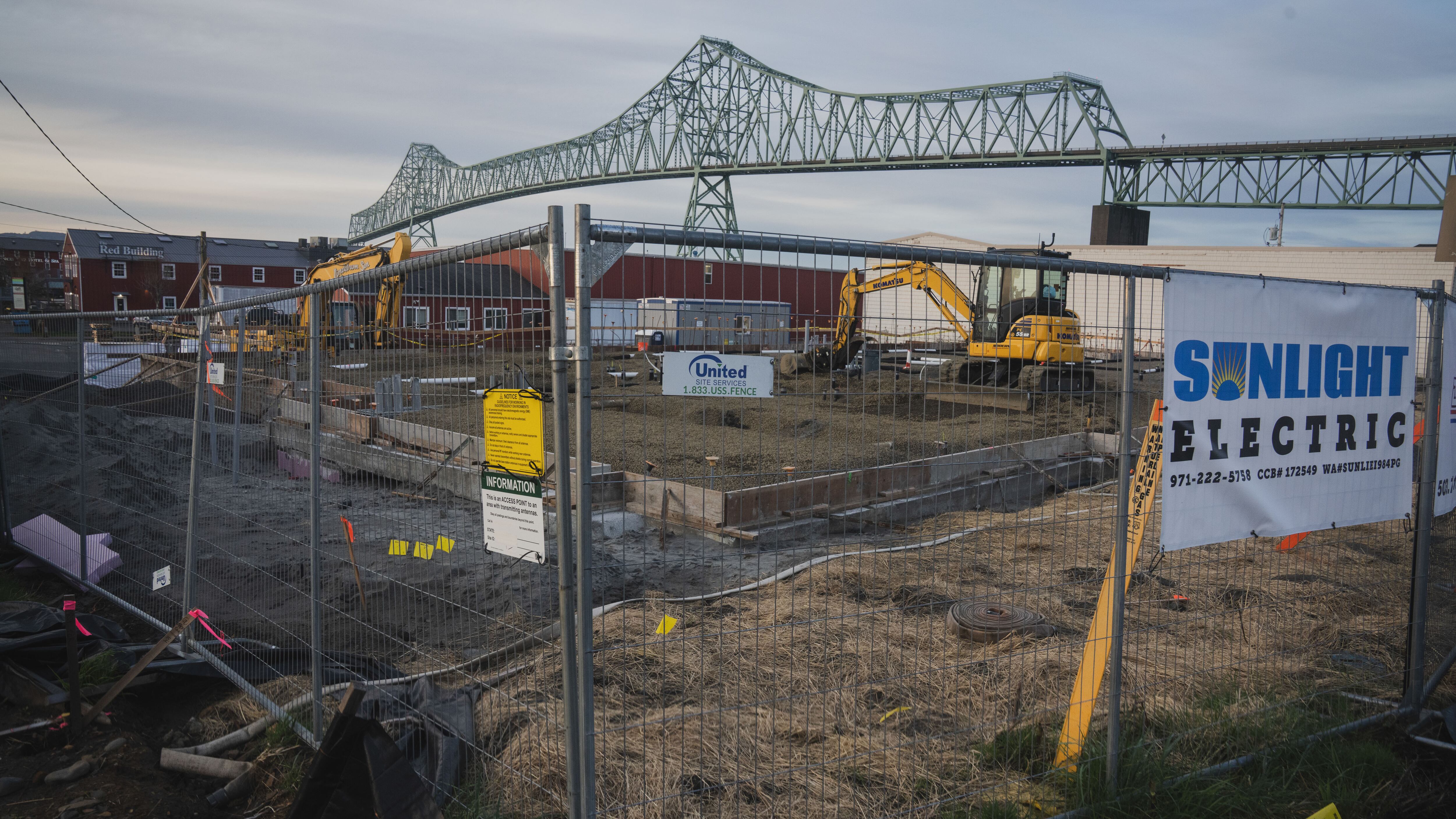In addition to their wish to include commercial space in affordable housing projects without financial penalty, developers say some basic parameters of Oregon’s prevailing wage law are slowing housing production.
One of their threshold concerns: The law says if a project includes more than $750,000 in public money and is not otherwise exempt, the developer must pay prevailing wage.
Developers note that this maximum has remained unchanged since 2007, while construction and labor costs, according to an industry index, have doubled in that time.
An even larger issue: just what constitutes “public money.” One of Gov. Tina Kotek’s greatest achievements was to convince lawmakers to vastly expand the Local Innovation and Fast Track, or LIFT, program.
Prevailing wage law exempts “projects for which no funds of a public agency are used.” The law further says “funds of a public agency” do not include “moneys derived from the sale of bonds that are loaned by a state agency to a private entity.”
Therefore, developers say, the proceeds from LIFT bonds, by definition, should not constitute public funding.
“BOLI has consistently disagreed without explanation,” Dina Alexander, a lawyer who represents housing developers, wrote in 2024 to Kotek’s housing adviser.
BOLI says developers’ beef is with lawmakers. Bureau spokeswoman Rachel Mann says, “It is up to the Legislature to specify if the public funds used through LIFT funding are exempt.”
